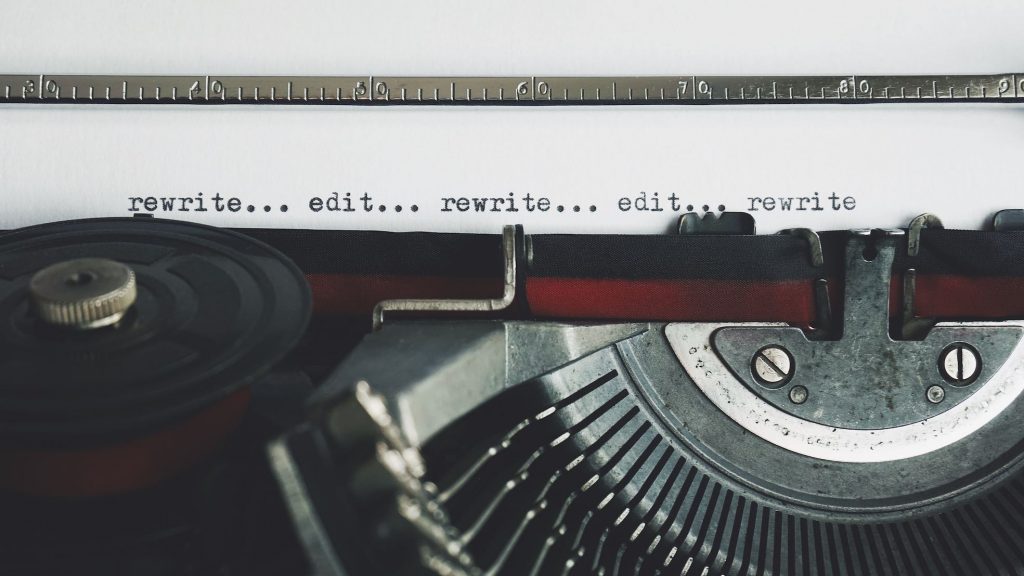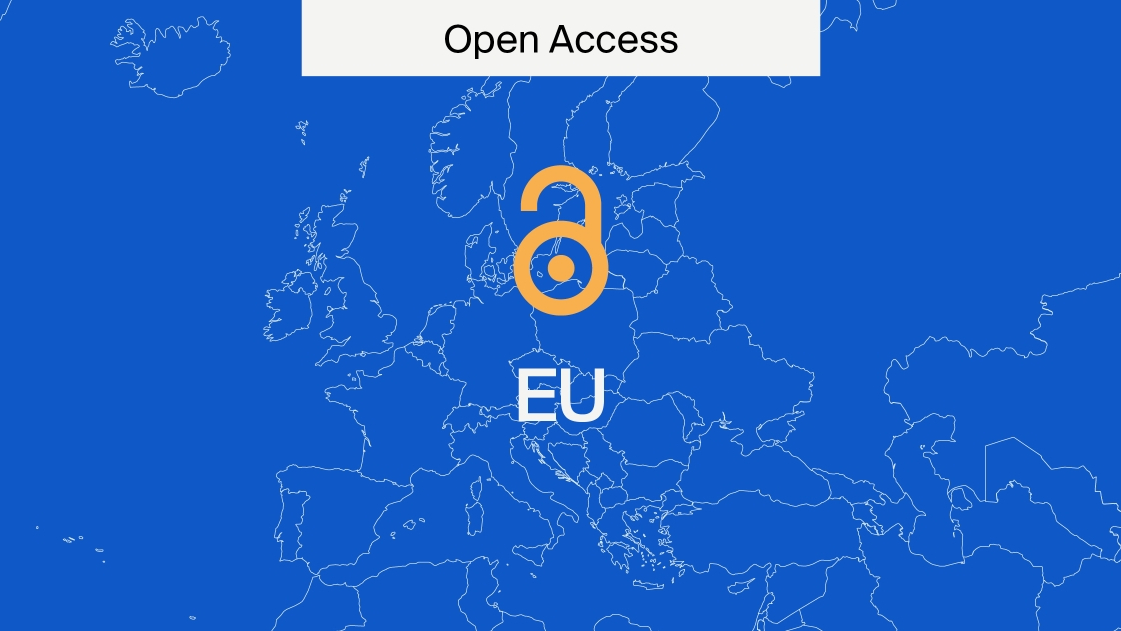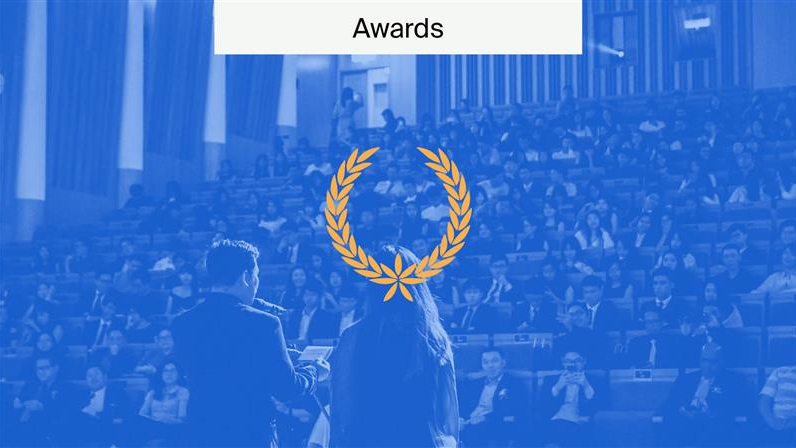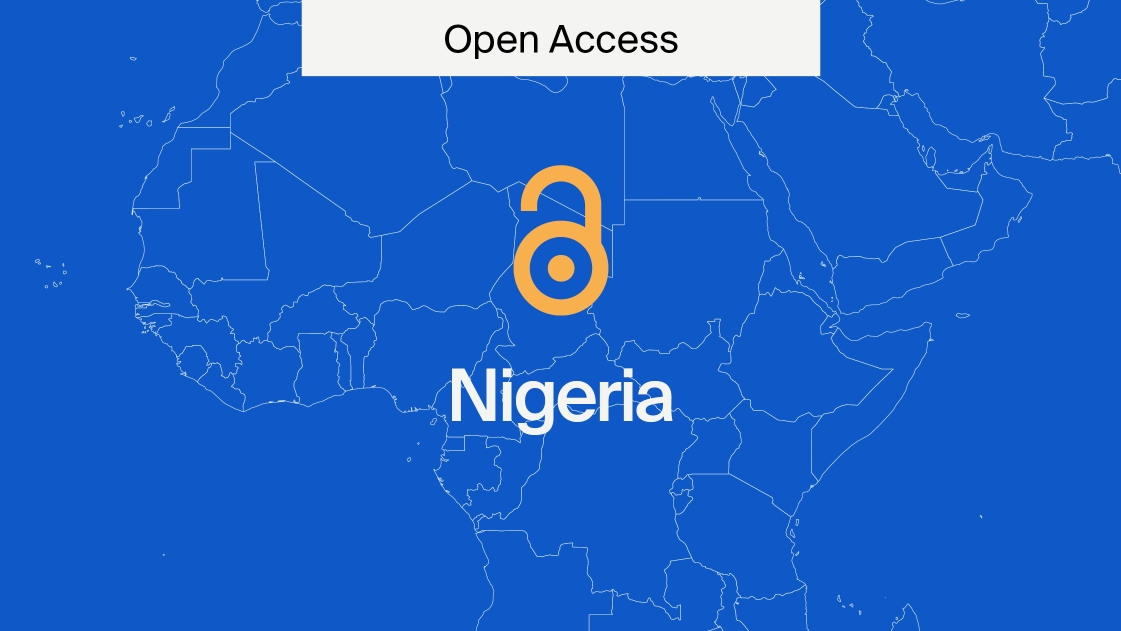
Choosing Editing Services
Choosing editing services can be a stressful experience if you have never done it before.
Some services are comprehensive, others are basic. How to choose the best editing service for your manuscript is something that you should think about before you jump in. Money, after all, doesn’t grow on trees. In this article, I’ll go over a handful of the different types of services that you can buy, what they mean, and why you might want to get them. Remember that there are lots of valuable resources available if you want to edit your own work, but sometimes it makes sense to have a professional do it.
Choosing basic editing services
Basic edits, sometimes called copy editing or proofreading (more on this below), are usually very straightforward. They’ll generally address basic grammar, verb tenses, etc., and will spot things that readers might not easily understand. This stage of editing is usually one of the last before publication and is usually not a good investment if you’re early in your manuscript writing.
Getting a basic editing service can be very useful though if you’re not confident about your writing in English and want to improve your chances of being accepted for publication. Remember that, when you’re submitting your manuscript for publication, a clear and easy to understand paper has a better chance of making it through initial review. While your content matters and will always been the main focus, people need to understand your content. Choosing to use basic editing services in the early stage can accomplish two major things:
Improving text clarity
This is the obvious benefit. Regardless of what the content of your manuscript is, it is important for someone reading it to understand it. This means that the content needs to be clear and easy to understand. Basic editing can improve your work by fixing incorrect word choices, verb tenses that don’t fit, and helping to avoid errors in syntax (the order of words in a sentence). These changes might seem small, but they can have a major impact on your work.
Finding major issues with your manuscript
Sometimes, the more you read something, the less you’ll understand what is written. This doesn’t mean that you don’t understand the content, rather it means that you are naturally “filling in blanks” while you read. Editors are trained to find parts of the text where there might be missing information or something is unclear. Choosing editing services early in the production of your paper can help you to fix issues before you submit the paper, giving you a much stronger manuscript to submit (and hopefully a much smoother publication process).
Editing services like those offered by MDPI’s Author Services can help to improve your manuscript at any point in the publishing process. Remember that when getting an editing service, these don’t usually include references and citations. There are lots of available services and tools that can help you do this at no cost.
Choosing rapid editing services
Sometimes you need editing done in a hurry. It can happen, especially if you are in the middle of the peer-review stage or doing revisions based on feedback. Rapid editing services typically take anywhere between one to three days on average, and are more expensive than standard basic editing. Be prepared that this rush is usually around a 50% premium on the cost, but your result is often similar to a basic edit and you have your work back sooner.
Why do you need a rapid edit? Because your work needs to be published quickly. Sometimes in the cutting edge of research 24 hours can make all the difference in the world. How important is it that your research is published sooner? If you know the answer, you can pick between rapid and basic editing services.
Choosing specialist editing services
On the other end of the spectrum you have specialist editing services. These sorts of services can handle very specific kinds of edits that basic editing usually doesn’t cover. For example, like I mentioned in another article, using italics can be quite tricky. It takes time, and expert knowledge of the field to know when and where to use them correctly. Because of this, copy editors and proofreaders aren’t always able to handle these issues (and it’s important that you shouldn’t expect them to). A specialist, however, can take care of more complicated edits and help you clarify your content and not just the English of your manuscript.
English editors are experts in the English language. But they aren’t experts in biology, chemistry, history, or genetics. To be both an expert in some area of subject matter and in the English language is not common and hiring experts is not cheap. If you’re getting your car fixed, you want it to be done by someone who knows what they’re doing, right? Having a specialist work on your manuscript is a great idea, but it does come at a cost. If you know which editing service to choose, you’ll be making a smart investment in the success of your paper.
We can help you edit your project

Editing academic work can be challenging and time consuming so choosing editing services that work for you is important. Academic editing can also be tricky sometimes, and it always pays off to have a professional look at your work. If you need a quick basic edit or a comprehensive specialist edit, MDPI can help. If you’re still not sure, don’t have time, or want a pro to look at your references, let our skilled English Editors help. Visit MDPI Author Services now for a free estimate for fast, accurate, and professional editing.











I want to publish article. But not sure about fees
Hi Madiha, thank you for your interest in MDPI journals!
The Article Processing Charges (APC) vary depending on the journal. Check out our page on Article Processing Charges (APC) Information. You can scroll to the bottom of the page for a full list of journal APCs.